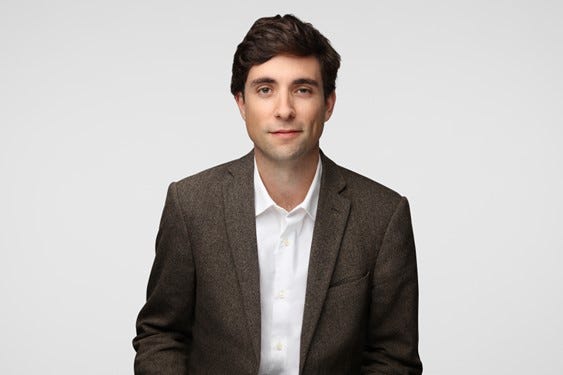European tech predictions for startup founders for 2025
by Louis Dussart at RTP Global, Zuzanna Stamirowska and Claire Nouet at Pathway and Dr. Andrea Cullen at CAPSLOCK
Guest post by Louis Dussart at RTP Global, Zuzanna Stamirowska and Claire Nouet at Pathway and Dr. Andrea Cullen at CAPSLOCK | Originally published on EUVC.
2024 was a transformative year for European startups, filled with both uncertainty and opportunity. While unpredictable regulatory environments created fundraising obstacles for some, several sectors experienced notable growth with VCs expanding their focus and investing in a broader range of industries.
Meanwhile, AI was on the agenda for almost every startup. Some took advantage of the opportunity posed by advancements in AI in the evolving market, while others understood its capacity to enhance cyber defences.
From business growth to advancements in AI and cybersecurity, some of the most innovative startup founders share their unique perspectives on what lies ahead for 2025.
Louis Dussart, VP, Europe, RTP Global
2025 is set to see a rebalancing of VC funding towards start-ups that were, perhaps, overlooked in 2024 as a result of the AI hype. For example, I think we'll see greater interest in companies that are finding ways to innovate climate tech, AI’s application layer and fintech.
The tech market definitely feels more mature; I'm seeing better-optimised supply chains, stronger products and clearer paths to long-term profitability in the wake of 2021’s tech bull market. And there’s a great opportunity for founders who capitalize on this optimism and ditch the recessionary instinct to downsize goals and objectives in 2025.
For founders to be successful in building a category-defining solution in 2025, my advice would be to stay rooted in the principles of your start-up's value proposition. Raising in quick succession can divert attention from this core mission, so focus on building something that’s 10 times better than what today’s market has to offer and pair it with thinking big.
Zuzanna Stamirowska Co-Founder & CEO and Claire Nouet, Co-Founder and COO, Pathway
The AI market is changing quickly, which presents both a challenge and an opportunity for founders. Those who can predict where AI is going can catch early opportunities and outsmart the market. The rise of o1 from OpenAI, for example, is going to catalyse one of the biggest shifts in AI since its inception. The deeper reasoning capacity of the model is exciting, especially as competitors don’t have anything that compares at present. It will be interesting to see how the startup scene grasps this opportunity.
Concurrently, we will see companies disappear. Investors have made it clear that they are not looking for more of the same and need to see proposals which are different and defensible.
Dr. Andrea Cullen, CEO and Co-Founder, CAPSLOCK
After a challenging 2024, leaders and their cyber teams will need to retain optimism, resilience and flexibility in 2025 to take on a complex threat landscape that continues to evolve and keep their businesses secure.
2025 is set to bring in The Cybersecurity and Resilience Bill, one of the biggest legislative changes for cyber since the introduction of GDPR. This will demand increased reporting and infrastructure in the battle against rising cyber threats, adding further intricacies and hurdles for managing cyber defences.
Alongside investing in new technology, such as AI-powered tools to help with threat detection and response, leaders will need to build resilience by focusing on the makeup of the teams using them. They’ll need to ensure teams are comprised of diverse thinking and skillsets to ensure they are equipped to think like the threat actors working against them.
To achieve this, leaders must open up the hiring process beyond candidates with traditional cyber CVs and consider career changers, reskillers and those without STEM degrees across their career journeys. Their unique skills and backgrounds will help to avoid blind spots within the function and give teams the best chance of tackling new threats.
Volatile economic conditions are likely to continue into 2025 and no doubt budgets will be tight. But founders shouldn’t cut corners in cybersecurity. They will need to ensure they put aside adequate investment for cybersecurity skills, alongside cyber tools, to protect their business infrastructure, data and reputation.






